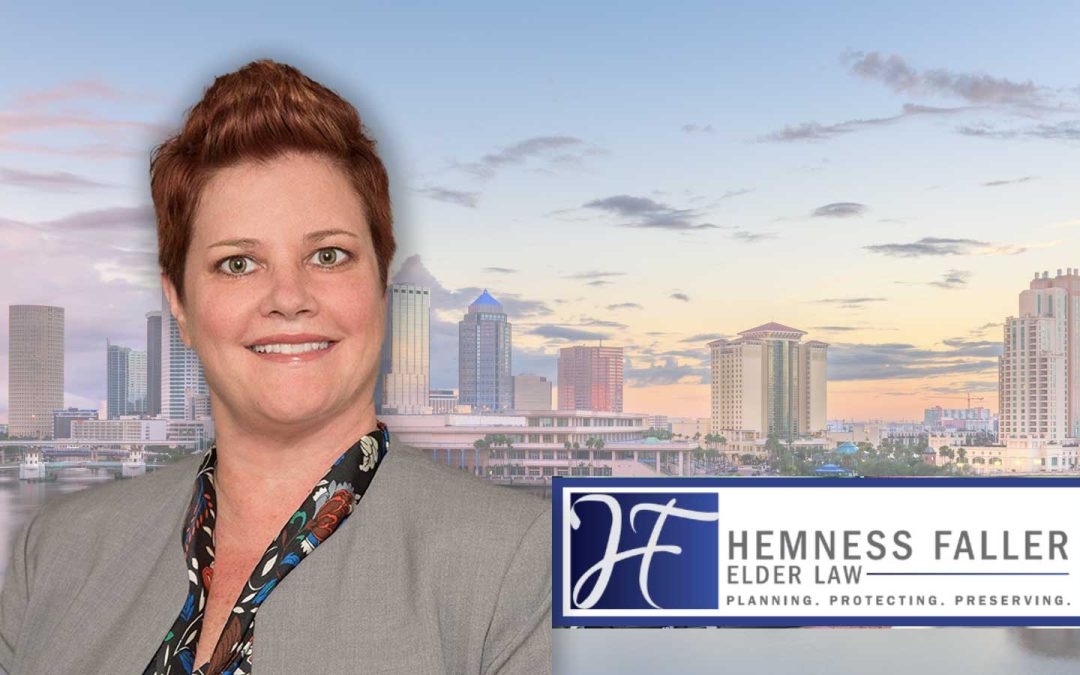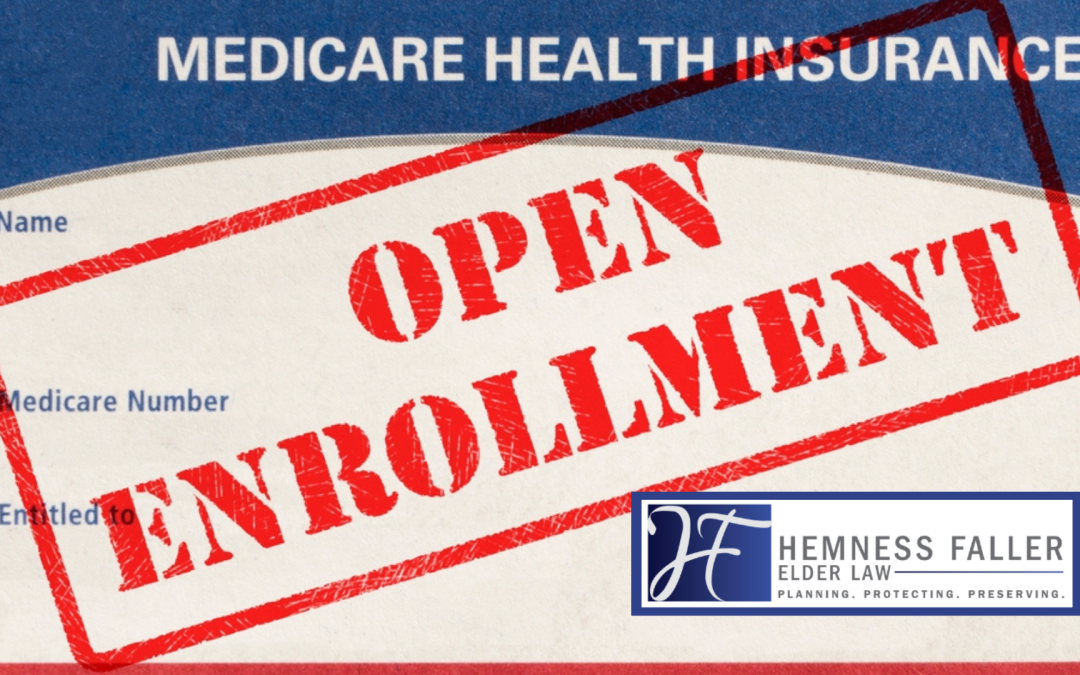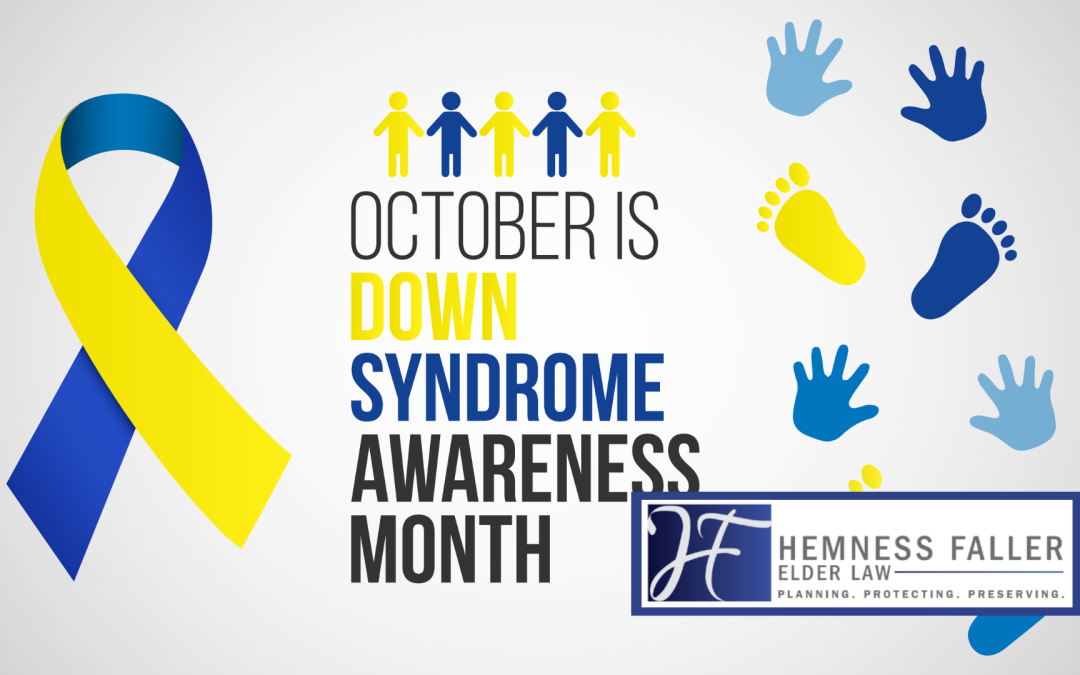Eleven years after the highly publicized Terri Schiavo case, the taboo surrounding conversations regarding death and end-of-life decisions is finally waning. As Elder Law Attorneys, we frequently initiate end-of-life conversations with our clients in order to properly draft advanced directives, such as Living Wills and Health Care Surrogates. Until recently, health care professionals have either been disinterested or simply too busy to discuss advanced care planning with their patients. The hope is that this pattern changes now that the Centers of Medicare and Medicaid Services finalized regulations that allows Medicare to pay doctors to have these very important conversations with their patients.
As of January 1, 2016, Medicare beneficiaries are covered any time they speak with their physicians regarding end-of-life treatments and care options. If this discussion happens at the Medicare beneficiary’s annual wellness visit, they will not have any cost sharing liability. If a separate consultation is required, a small co-pay may apply. An anticipated result of this new regulation is that medical personnel will be more aware of their patient’s end-of-life desires, and, thus, Medicare will be spared additional funds while also making sure that the patient receives the appropriate level of end-of-care he/she really desires and avoids unwanted life-prolonging medical procedures.
What advanced care planning will Medicare cover? During these consultations, physicians or similar health care professionals should educate the patient on options available for end-of-life, determine the best type of care for each person’s individual desires, and determine how to accurately communicate these wishes to the patient’s family members and advisors.
Who else should be a part of the conversation? While this recent regulation provides a Medicare beneficiary with greater access to having this conversation with medical personal, individuals should not limit having these end-of-life discussions only to their physician. It is extremely important that elder law attorneys be consulted in order to establish legally enforceable directives to make certain that each individual’s desires are set forth in writing. Most importantly, after putting these directives in place, individuals should discuss their desires openly with their loved ones: especially the ones who may be appointed as the decision-maker. If appropriate, individuals can include their decision-maker in the consultation with the medical professional or elder law attorney.
While advanced care planning remains a sensitive topic for many to openly discuss, we cannot ignore that this is one of the most important conversations an individual will ever have. If you are looking for a way to begin this crucial process, we can help you start by discussing the necessary legal documents required to make certain your end-of-life wishes are honored by your medical professional and your family. Please don’t hesitate to contact the Law Office of Emma Hemness.
In the meantime, make sure to remind your doctor that they are paid to have this conversation with you.





